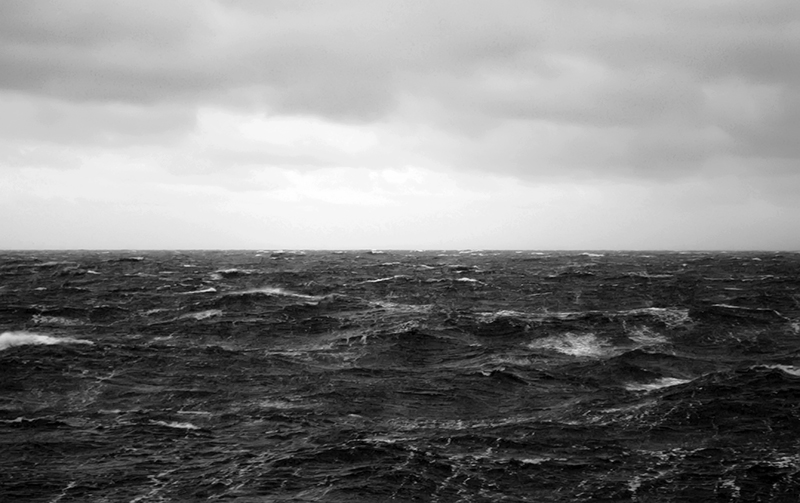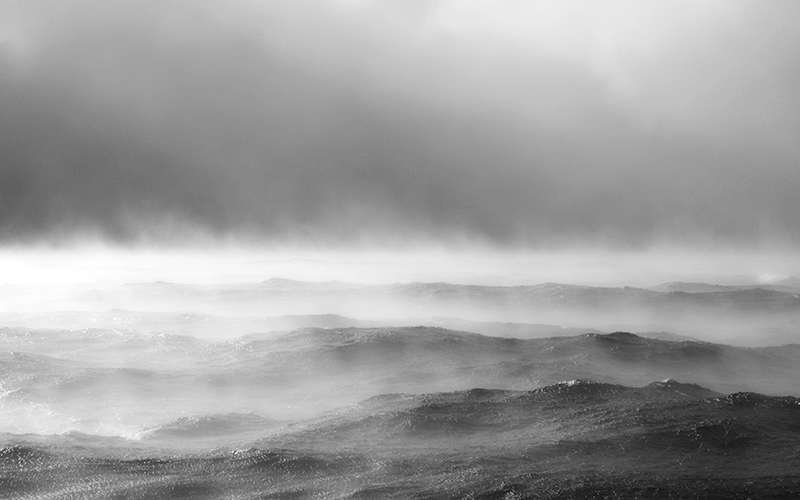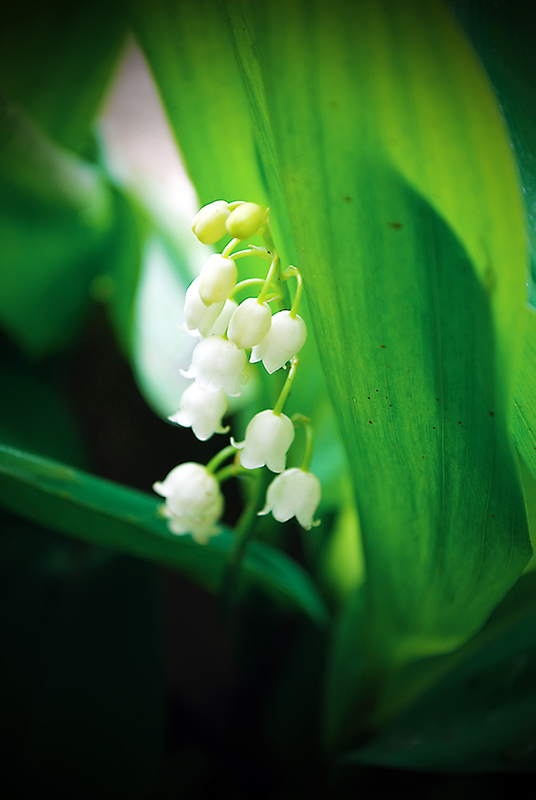Entry tags:
Not a movie. / Не как в кино.

A recent conversation with a friend made me reflect on how differently war looks from the outside — and from within.
This is not a movie. And not history. It’s an endless silence where you try to hold on to yourself.
📝 Оригинальный текст записи
Несколько недель назад я разговаривал со старым знакомым.
Мы вместе учились в университете — он был настоящим маленьким гением. Сейчас он живёт в Польше, давно уехал, устроился, живёт обычной жизнью.
Он задал странный вопрос:
— А война… она похожа на кино?
Я не сразу нашёл, что ответить. Что сказать человеку, для которого война — это лишь кадры в новостях и сцены из фильмов?
Нет. Это не похоже на кино.
Или, если и похоже — то не на то, что мы привыкли видеть. Большинство военных фильмов рассказывают о Второй мировой. Другая эпоха. Другие методы. Снято по рассказам очевидцев — спустя десятилетия. Сейчас всё иначе.
Те сцены, где сотни людей бегут за танками, где в небо взмывают десятки самолётов, артиллерия стоит в ряд….
Такого больше нет.
Любая цель в воздухе — будет сбита.
Любая цель в море — уничтожена. Чем крупнее — тем проще мишень.
На суше — так же: чем больше людей, чем дороже техника — тем выше риск удара.
Это не героизм. Это математика выживания.
В кино не покажут, как тянется время вне дежурства. Не покажут, как ты просто ждёшь конца дня. Считаешь часы. Пытаешься занять руки, отвлечь голову. Убежать — не от тревоги, а от тишины внутри.
Парадоксально, но самое тяжёлое — это тишина. Не та, что вокруг — а та, которую ты сам ищешь. Чтобы не слышать ничего. Чтобы остаться наедине с собой. Иногда это единственное, что напоминает: ты ещё жив. Что у тебя есть своё пространство — пусть даже только внутри. Это попытка вырваться, хоть на миг, из общей несправедливости.
Пока одни живут привычно, отдыхают, строят планы — другие загнаны в замкнутый круг.
И неважно, пришёл ты сам или тебя вытащили насильно — выбора больше нет.
Здесь не бегают толпами. Здесь прячутся.
От вражеских глаз. От дронов. От тепла собственного тела.
Один из моих любимых фильмов — Перл Харбор. Красивая картинка: драматургия, история. И мощный патриотический посыл — настолько яркий, что стирает грань между правдой и вымыслом.Когда всё только началось — у меня тоже был подъём.
Казалось, всё просто: есть враг, есть дом, который нужно защитить.
Чёрное и белое.
Я знаю: враг не только внешний. Другой — внутри.
Те, кто раньше искал дипломатии, исчезли. Их заменили те, кто легко жертвует чужим, но никогда — своим. А патриотизм остался только в лозунгах и заголовках СМИ
Реальность — другая. Даже здесь, на передовой, всплывают конфликты из за языка, что усиливает моральное давление.
И это тоже часть войны.
Та часть, которую кино никогда не покажет.
И всё же... самое страшное — это не взрывы. Самое страшное — это тишина.
Когда она ложится на плечи — как груз. Когда её не нарушают даже голоса.
В такие моменты кажется, что весь мир перестал дышать, затаился, и ты один, живой, среди пустоты.
A few weeks ago, I spoke with an old acquaintance.
We studied together at university — he was a real little genius.
Now he lives in Poland. He left a long time ago, seems to be doing well, living a normal life.
He asked me a strange question:
— Does any of this feel like the war we see in movies?
I didn’t know what to say right away. What can you tell someone for whom war is just something on the news or a scene on a screen?
No. It doesn’t feel like a movie. Or if it does, it’s not the kind we’re used to seeing. Most war films are about World War II — a different time, a different kind of war. Even those were based on someone's memories, filmed decades after the fact.
Now? Everything is different.
Those scenes — hundreds of men charging behind tanks, dozens of planes soaring into the sky, the heroic charge — they’re gone. Today, any target in the air is destroyed instantly.
At sea, the larger the vessel, the easier the kill. On land, the same: a crowd, a column of vehicles — it means an incoming strike.
This isn’t the cinema’s war. It’s the mathematics of survival. Movies don’t show the hours dragging by when you're off duty. They don’t show you sitting there, just waiting for the day to end. Trying to keep your hands and mind busy so you don’t hear the silence inside.
And the hardest thing isn’t the explosions. It’s the silence. Not the one around you — the one you go looking for.A silence that blocks everything out.
Just to be alone with yourself.
Sometimes, that’s the only thing that reminds you you’re still alive. That you still have personal space — even if it only exists inside your head.
It’s a way to break out, just for a moment, from the crushing sense of injustice. While some people continue to live normally, take vacations, plan futures — others are trapped. And it no longer matters whether they came here by choice or were caught and thrown in by force. There’s no difference anymore.
This war is no longer fought in lines. No one charges forward — they hide. Hide from drones, from watching eyes, from their own body heat. One of my favorite films has always been Pearl Harbor. It’s beautiful. Brilliant editing, a powerful story, historical scale.
And a patriotic message so strong, it blurs the line between reality and fiction.
When it all began — I felt that same rise of patriotism. It seemed so simple: there’s an enemy, there’s home — and you protect it. Black and white. Now I understand: the enemy isn’t just out there. There’s one inside, too.
Those who once sought diplomacy to save lives are gone. They’ve been replaced by people willing to sacrifice anything — except themselves. And patriotism? It lives only in headlines now.
Reality is different. Even here, on the front line, you hear arguments:
language, trust, politics, corruption. People who play into the enemy’s hand by stirring up old divisions.
And that’s part of the truth too — the part cinema will never show. Sometimes, when it finally gets quiet, you realize:
War isn’t noise.It’s silence.Too long.Too heavy.
I know: the enemy is not only outside.
There’s another one — within.
Those who once sought diplomacy have vanished.
They’ve been replaced by those who easily sacrifice others, but never themselves.
And patriotism? It now lives only in slogans and media headlines.
And yet…
The most frightening thing isn’t the explosions.
The most frightening thing is the silence.
When it settles on your shoulders like a weight. When even voices don’t break it. In those moments, it feels as if the whole world has stopped breathing —fallen still .
You’re the only one left alive in the emptiness.

